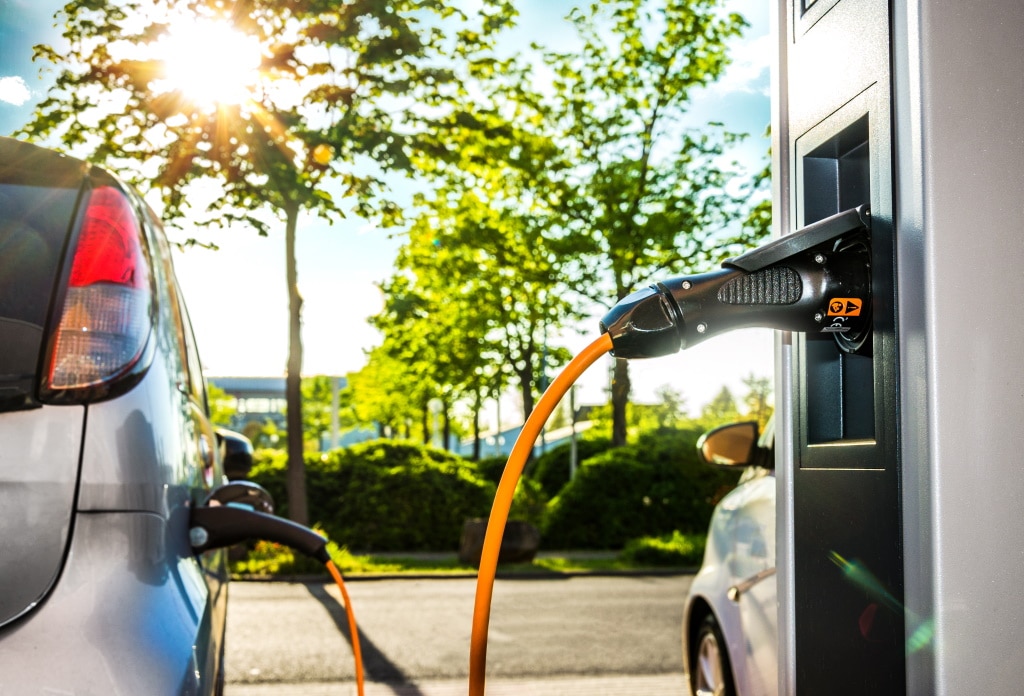The African Development Bank (AfDB) wants to tackle the air pollution that causes global warming. Its Sustainable Energy Fund for Africa (SEFA) is providing $1 million to Kenya, Morocco, Nigeria, Rwanda, Senegal, South Africa and Sierra Leone. The funding, which is part of the AfDB’s Green Mobility Facility for Africa (GMFA), will help prepare for the deployment of electric vehicles in the seven target countries.
According to the financial institution based in Abidjan, Ivory Coast, the aim is to establish an environment and business models conducive to green mobility in collaboration with the public and private sectors. The initiative will help reduce 2.1 million tons of CO2 equivalent on the continent and create at least 19,000 direct jobs.
“The AfDB is committed to building a sustainable future that is more resilient to the effects of climate change by catalyzing private investment in low-carbon solutions, especially in the mobility sector that connects people to essential services, jobs, education and opportunities,” says Nnenna Nwabufo, the AfDB’s Director General for East Africa.
Developing low-carbon mobility
To accelerate green mobility in Africa, SEFA will progressively draw on $136 million in funding pledged by Germany ($114 million), Denmark ($14 million) and the United Kingdom ($5 million) at the 26th United Nations Conference of the Parties on Climate Change (COP26) held in November 2021 in Glasgow, Scotland.
Read also-AFRICA: e-mobility professionals meet in Nairobi in October 2022
The decarbonisation of the transport system in Africa is crucial today in a context marked by the energy consequences of the war in Ukraine on the continent. It will be the focus of the Africa Energy Indaba conference, which takes place from 7 to 9 March 2023 in the South African city of Cape Town. Investors, policy makers and mobility start-ups expected at this 15th meeting will discuss the electric vehicle market, the development of recharging infrastructures, energy storage solutions and local production.
Benoit-Ivan Wansi
